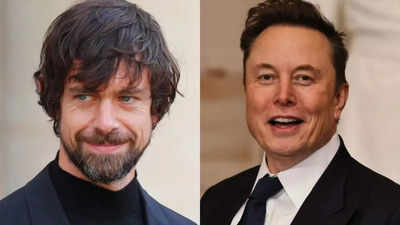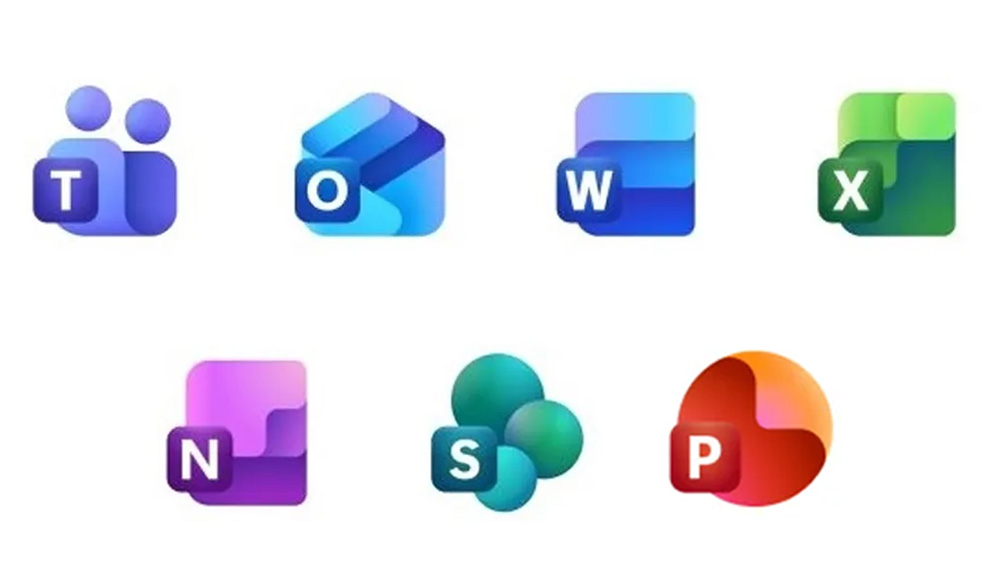Jack Dorsey and Elon Musk Advocate for the Abolition of Intellectual Property Laws Amid AI Controversy

In a surprising move that has stirred up significant debate within the tech community, two of Silicon Valley's most prominent figures, Jack Dorsey and Elon Musk, have publicly called for the abolition of all intellectual property (IP) laws. Dorsey made the bold statement on social media platform X, where he simply wrote, 'Delete all IP laws.' Musk, never one to shy away from controversy, quickly responded with 'I agree.'
This discussion comes at a time when tensions are mounting globally regarding the practices of artificial intelligence (AI) companies and their usage of copyrighted material. Critics argue that these companies often tread a fine line between innovation and infringement, as they claim that their models do not directly copy existing content but rather learn from the underlying patterns of the data they are trained on.
However, many lawsuits have emerged that challenge this assertion, alleging that AI-generated outputs frequently mimic original works too closely, raising substantial concerns regarding copyright violations. A notable example of this controversy arose recently with the ChatGPT Studio Ghibli filter, which received backlash for allegedly offering free access to artwork painstakingly created by Hayao Miyazaki, the co-founder of the esteemed Japanese animation studio. Miyazaki had previously voiced his desire to keep his distinctive style from being reproduced digitally, making this situation particularly contentious.
Intellectual property laws encompass copyrights, patents, and trademarks, and are designed to protect the rights of creators and inventors from unauthorized use of their intellectual output. However, the rise of generative AI has blurred these boundaries, leading to a complex legal landscape. Major companies like OpenAI and Google have argued that imposing strict limitations on access to copyrighted data could significantly hinder innovation. In fact, they have expressed concerns in submissions to the White House regarding the potential for the United States to fall behind countries like China, where regulations are often more lenient.
Sam Altman, the CEO of OpenAI, has termed this period as the 'Intelligence Age,' warning that stringent IP laws could pose risks to America's security and economic prosperity. Google has echoed these sentiments, cautioning that Europes increasingly strict regulatory frameworks should not set a global precedent.
As the legal landscape continues to evolve, lawsuits against major AI companies have been on the rise, with The New York Times emerging as one of several high-profile entities filing complaints. Courts are also adopting a firmer stance towards these issues, as evidenced by recent rulings such as the one in the Thomson-Reuters case which suggest that AI-generated content still has the potential to harm the market for original works.
In India, a particularly significant case illustrates the growing tensions in this arena. Major publishing houses, including Penguin Random House and Bloomsbury, have lodged a lawsuit aimed at preventing ChatGPT from accessing their proprietary content. OpenAI is currently contesting a copyright case in India initiated by ANI, arguing that the Indian courts lack jurisdiction over the matter since the company operates out of the United States with servers located overseas.























